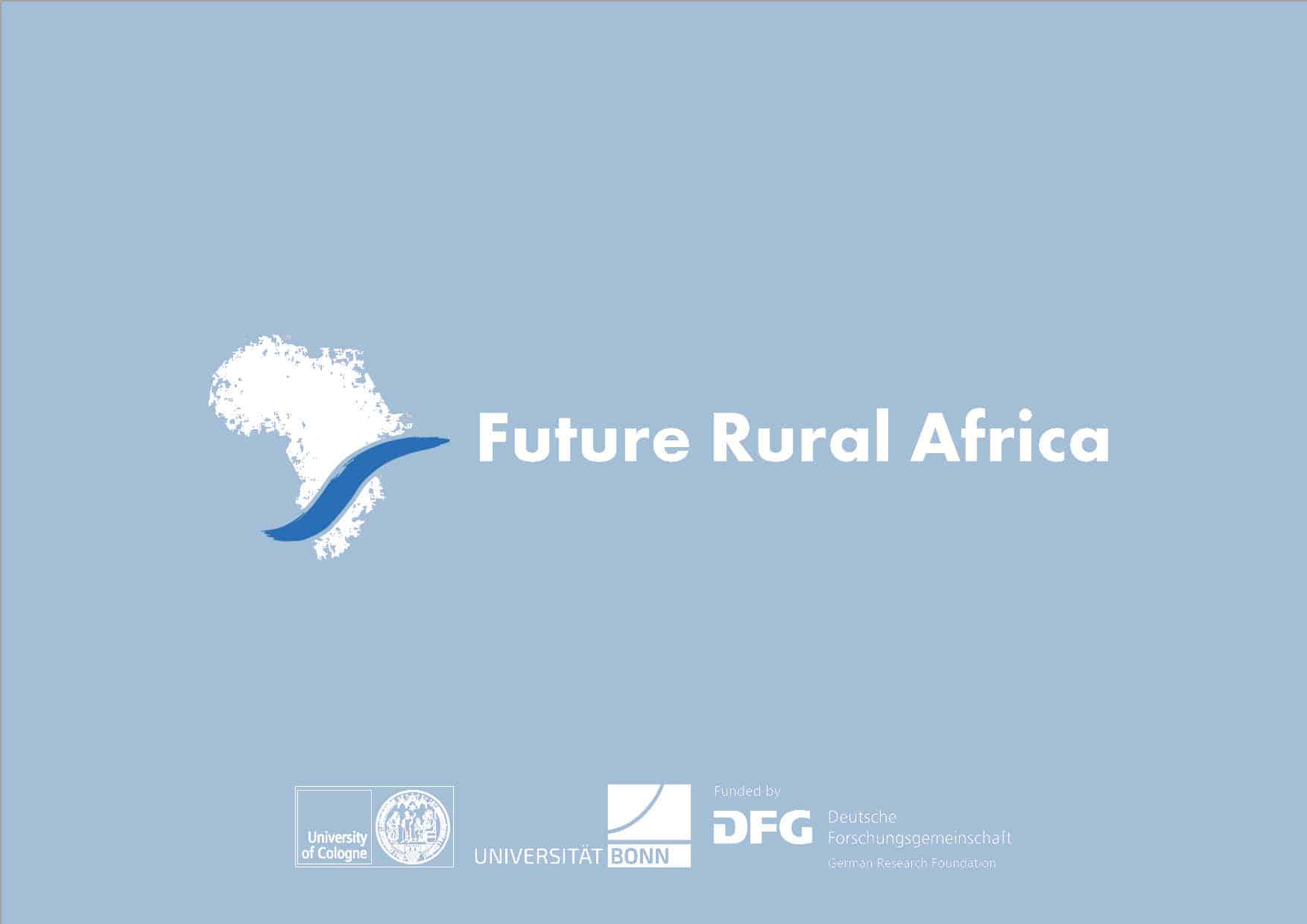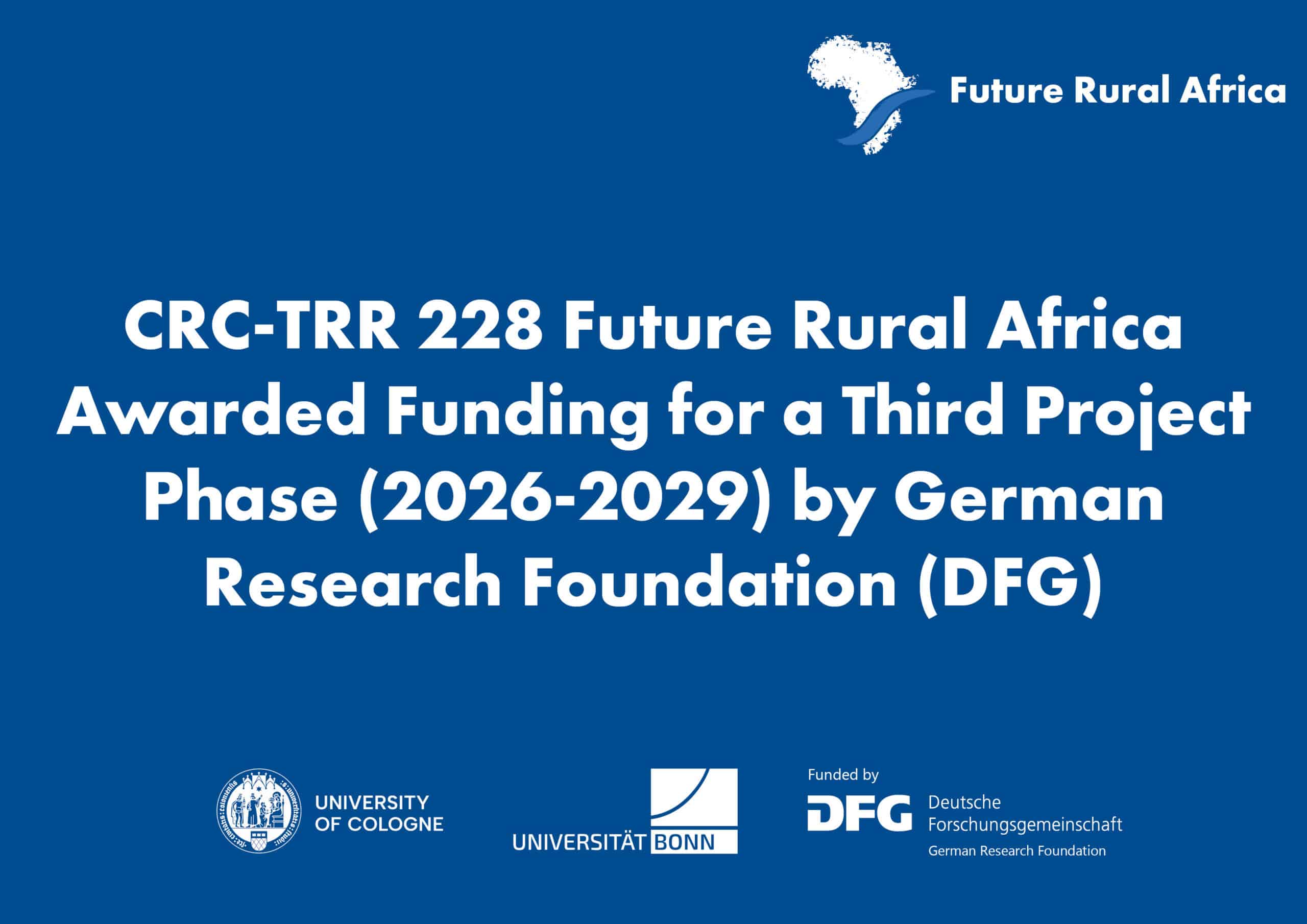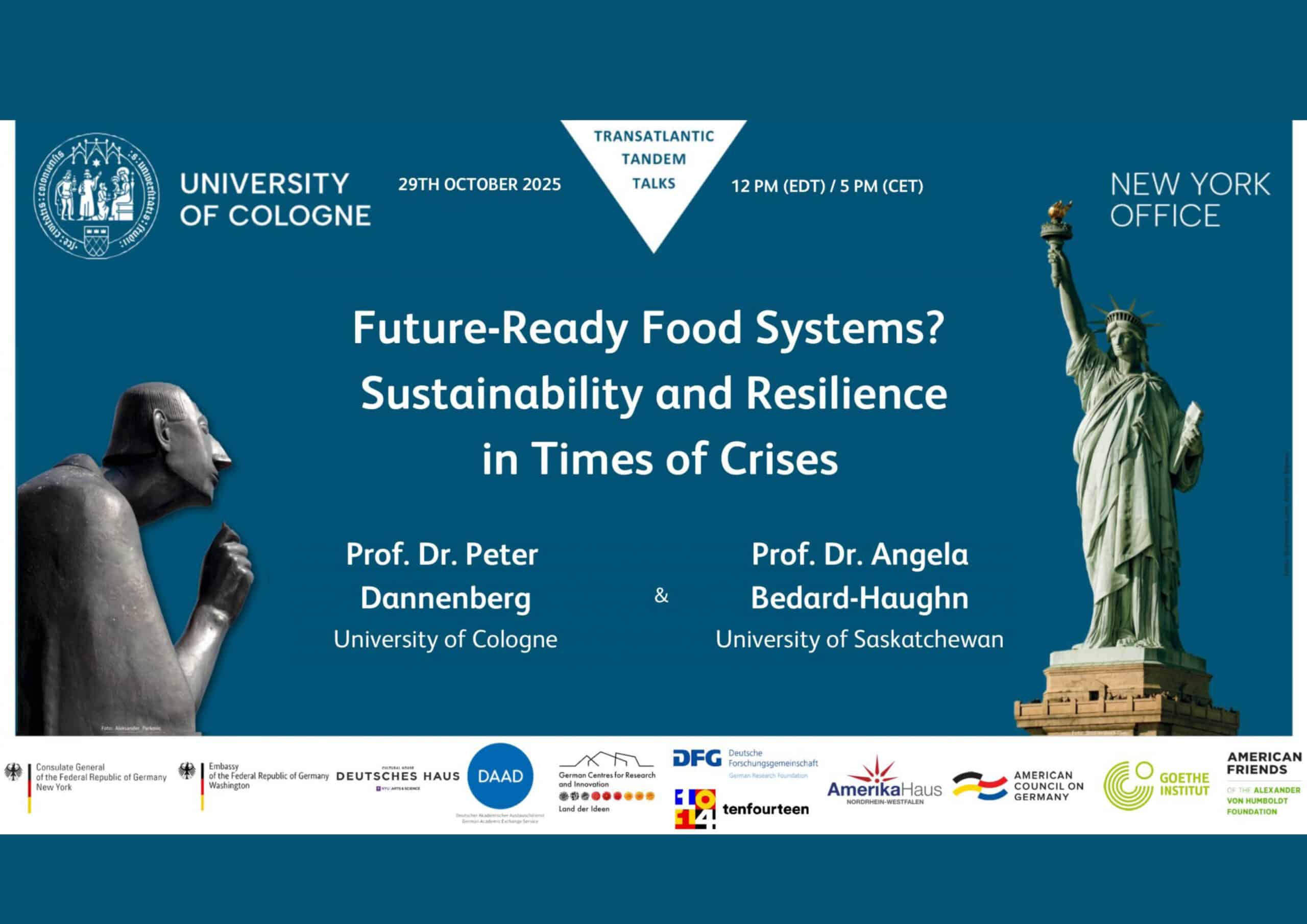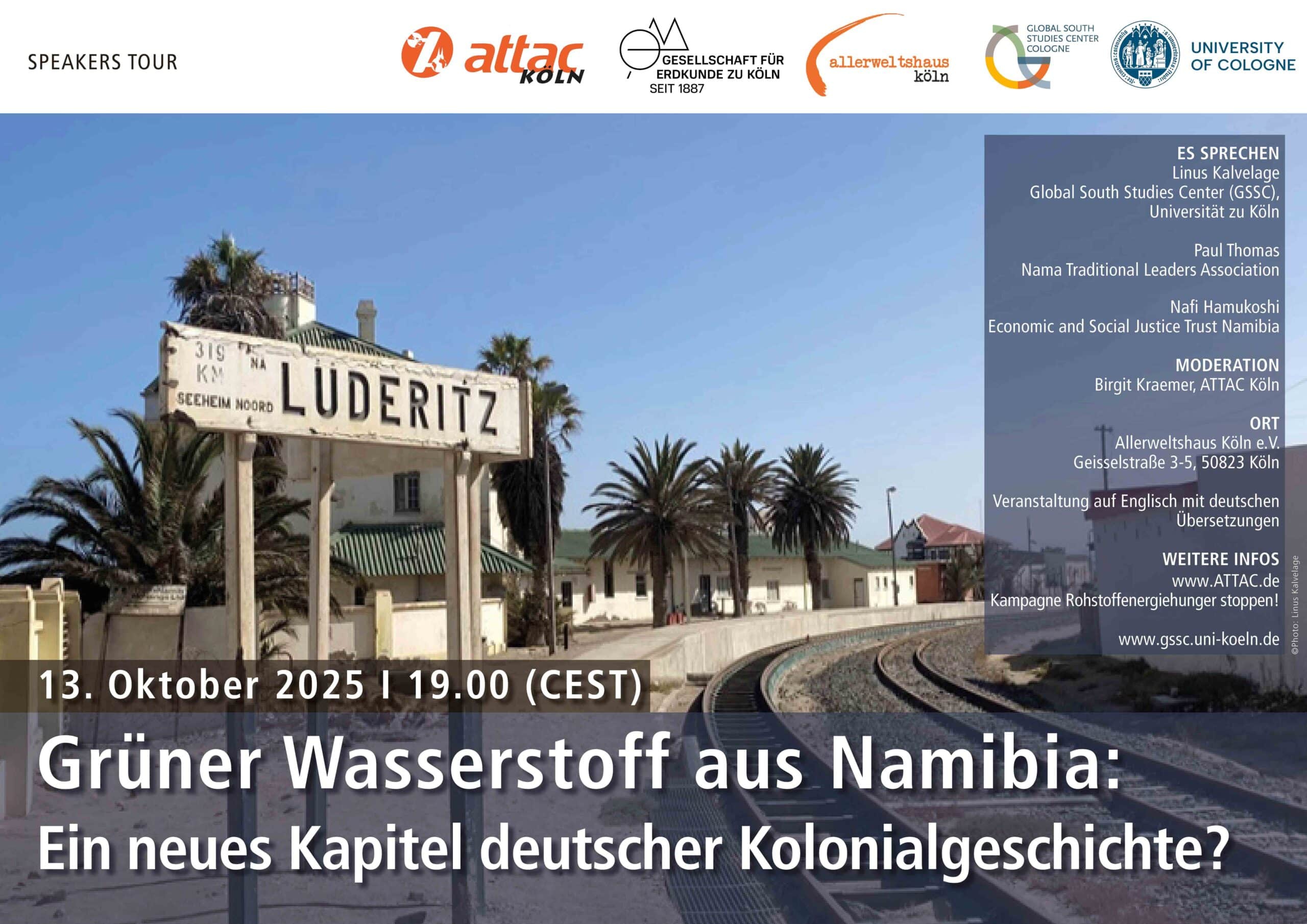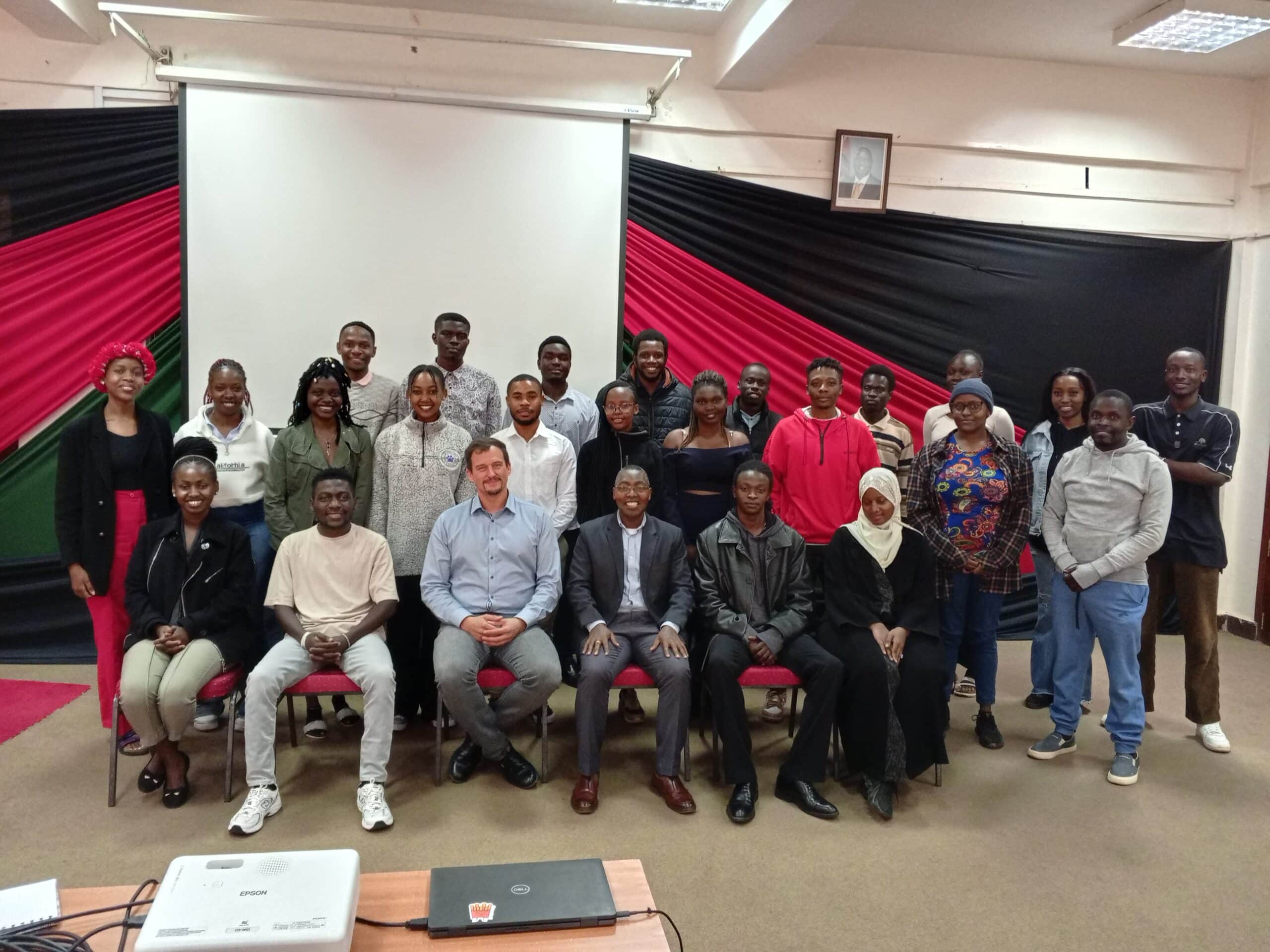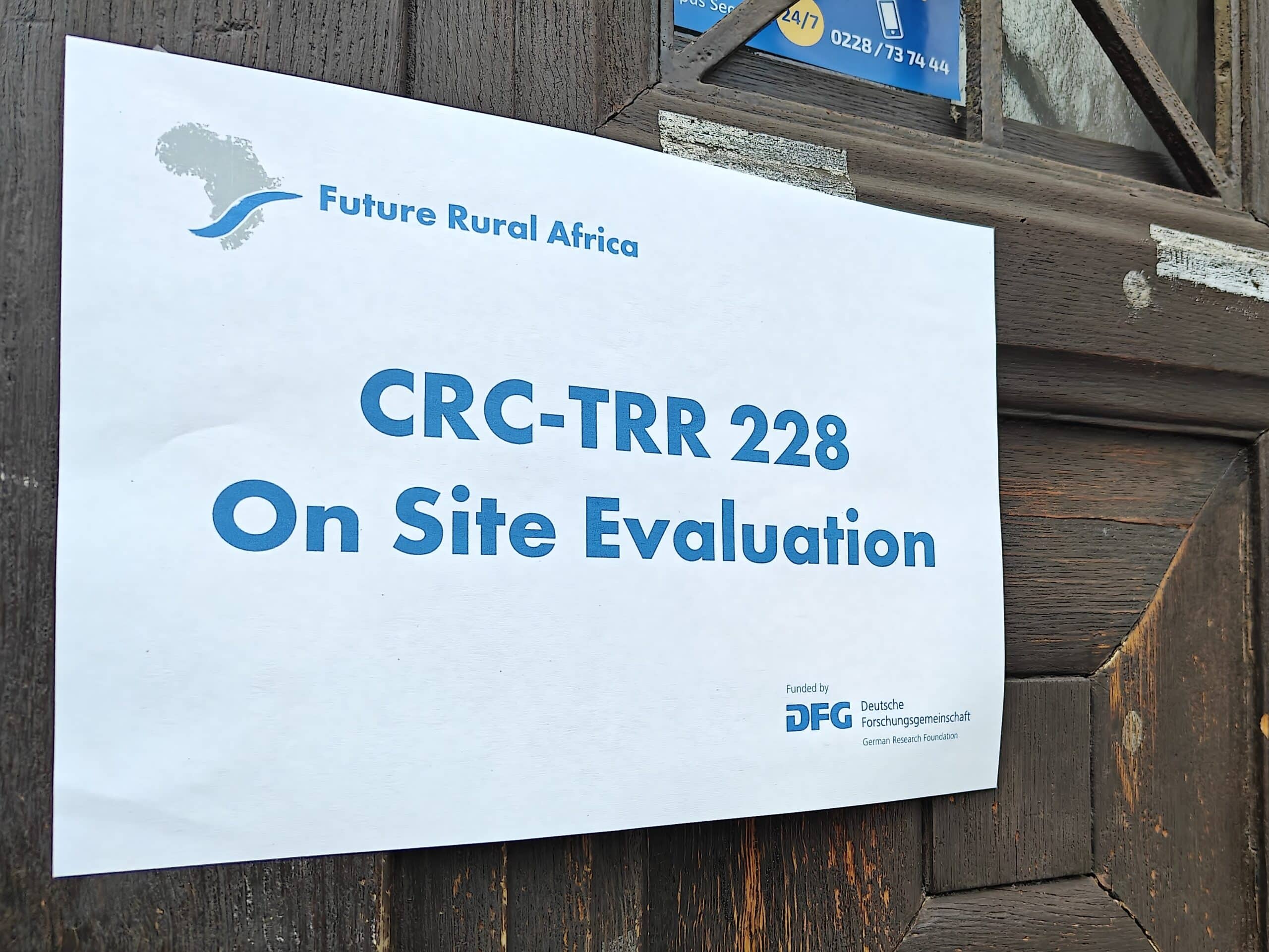David Anderson, Project A02 “Past Futures” gave a presentation as part of the Faculty Lecture Series on 26 November 2022.
Find the full video lecture here.
Abstract
For the people of Kenya, recent global debates on the emotional and medical harm caused by female genital mutilation (FGM), allied to arguments about the human rights of the women subjected to such acts, have a significant historical resonance. In the 1920s, Christian missionaries in central Kenya mounted a concerted campaign to prohibit ‘female circumcision’ among their flourishing African congregations. This provoked a backlash, with thousands of Kikuyu Christians deserting the missions to found their own independent churches and schools in the early 1930s. These events, commonly referred to as the ‘female circumcision controversy’, mark a turning point in Kenya’s colonial history. Taking as its starting-point the murder in 1930 of a female missionary with the African Inland Mission, the article explores the actions and attitudes of white women missionaries, revealing a subtle and complex picture of missionary views of African society and the process of Christian conversion, arguing that, as the circumcision crisis developed during 1929, these women stood at the centre of the gathering storm, their experience emblematic of the emotional, cultural and political challenges in the circumcision debate. This account adds an important new dimension to our understanding of gender in Kenya’s circumcision debate, but it also reveals why colonial silence has surrounded the event at the very centre of the crisis: the murder of Hulda Stumpf.
Reference
Anderson, D., 2018. Women Missionaries and Colonial Silences in Kenya’s Female ‘Circumcision’ Controversy, 1906–1930, The English Historical Review, Volume 133, Issue 565, December 2018, Pages 1512–1545, https://doi.org/10.1093/ehr/cey325

